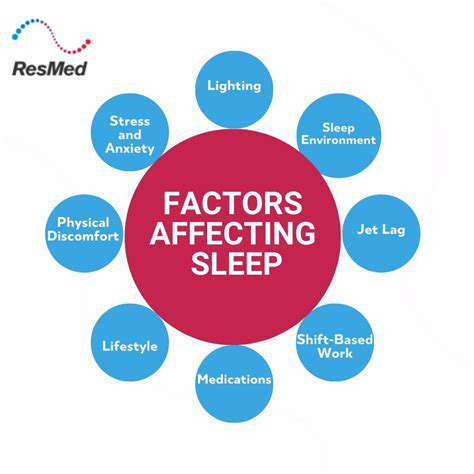How Much Water Do You Really Need Daily? (Calculation & Tips)
Various methods exist for calculating your BMR, ranging from simple online calculators to more sophisticated formulas. These calculations often use factors like your age, weight, height, and gender to estimate your daily caloric needs. Online calculators provide a quick and easy way to get an approximate BMR value, whereas more complex formulas may be used in research settings or by healthcare professionals for more precise estimations.
It's essential to remember that these calculations are estimates, and individual results may vary. Factors not accounted for in these calculations, such as activity levels and specific health conditions, can significantly affect your actual caloric needs.
BMR and Your Daily Caloric Needs
Your BMR forms the foundation of your total daily energy expenditure (TDEE). Your TDEE considers your BMR plus the calories burned through physical activity. Understanding both your BMR and TDEE is vital for creating a personalized dietary plan that supports your health goals, whether it's weight loss, weight maintenance, or muscle gain. This knowledge helps you to ensure you're consuming enough calories to fuel your body effectively without excessive calorie intake.
BMR and Weight Management
Maintaining a healthy weight involves carefully considering your BMR and calorie intake. If your calorie intake exceeds your BMR and TDEE, the excess calories can be stored as fat, potentially leading to weight gain. Conversely, if your calorie intake is consistently lower than your BMR, your body may start breaking down muscle mass for energy, which can negatively impact your metabolism and overall health.
BMR and Physical Activity
Physical activity significantly impacts your overall calorie expenditure, adding to your BMR. The more active you are, the higher your TDEE will be. Understanding how physical activity affects your BMR is crucial for tailoring your diet and exercise routine to achieve your desired results. This includes recognizing that different types of exercise burn varying amounts of calories and choosing activities that complement your fitness goals.
BMR and Overall Health
A healthy BMR is essential for maintaining optimal health and well-being. It supports vital bodily functions, influences energy levels, and plays a role in preventing various health issues. Understanding and maintaining a healthy BMR can contribute to sustained energy throughout the day, better nutrient absorption, and improved overall health and well-being. The importance of a healthy BMR extends beyond weight management, encompassing overall physiological function and supporting a vibrant lifestyle.

Tips for Staying Hydrated Throughout the Day
Understanding Your Body's Hydration Needs
Staying hydrated is crucial for optimal bodily function, impacting everything from energy levels and cognitive performance to digestion and temperature regulation. Understanding your individual hydration needs is key to ensuring you're not just drinking enough, but drinking *the right amount*. Factors like your activity level, climate, and overall health play a significant role in determining how much water your body requires each day. A good starting point is to consider your baseline needs and then adjust based on these factors to meet your specific requirements.
Different individuals have different hydration needs, depending on their activity levels, environmental conditions, and overall health. For instance, athletes or people living in hot climates will need to consume more fluids than those with sedentary lifestyles or living in cooler environments. Similarly, people with certain medical conditions may have specific hydration guidelines. Consulting with a healthcare professional can help you determine your personalized hydration needs.
Incorporating Water into Your Daily Routine
Integrating water into your daily routine doesn't have to be a chore. Setting reminders on your phone, keeping a reusable water bottle handy, and carrying a water bottle with you throughout your day are simple but effective strategies to encourage consistent hydration. Making water your go-to beverage for all occasions, from breakfast to evening snacks, can make a substantial difference in your overall hydration levels. Even small increases in your daily water intake can contribute significantly to your health and well-being.
Consider adding flavourful additions to your water, such as lemon slices, cucumber, or berries. These additions can enhance the taste and make it more enjoyable, encouraging you to drink more throughout the day. Experiment with different flavours to find what you enjoy most. Similarly, incorporating hydrating foods into your diet, like fruits and vegetables, can contribute to your total fluid intake.
Recognizing the Signs of Dehydration
Understanding the signs of dehydration is essential for maintaining optimal health. Common symptoms include feeling thirsty, experiencing headaches, having dry mouth and skin, and feeling fatigued or dizzy. Recognizing these symptoms early on and taking steps to rehydrate can prevent more serious health issues. Pay attention to your body's signals, and if you notice any of these indicators, increase your water intake immediately.
The Importance of Electrolytes
While water is essential, electrolytes play a crucial role in maintaining hydration balance and overall bodily function. Electrolytes like sodium, potassium, and magnesium are vital for nerve and muscle function, regulating fluid balance, and supporting various metabolic processes. During intense physical activity, electrolytes are lost through sweat, making it critical to replenish them. Electrolyte drinks or foods rich in these minerals can help maintain optimal hydration levels, especially after strenuous exercise.
Hydration Strategies for Specific Situations
Certain situations, such as hot weather, exercise, or illness, can significantly impact your hydration needs. During hot weather, increased sweat loss demands higher fluid intake to prevent dehydration. Carrying a water bottle and taking frequent sips, even when you don't feel thirsty, is important. Similarly, when exercising, dehydration can impair performance and increase the risk of injury. It is crucial to drink water before, during, and after physical activity to maintain optimal hydration levels. During illness, hydration is paramount, as fluids help your body fight infections and recover more quickly. Pay close attention to your body's signals and adjust your hydration strategies accordingly.


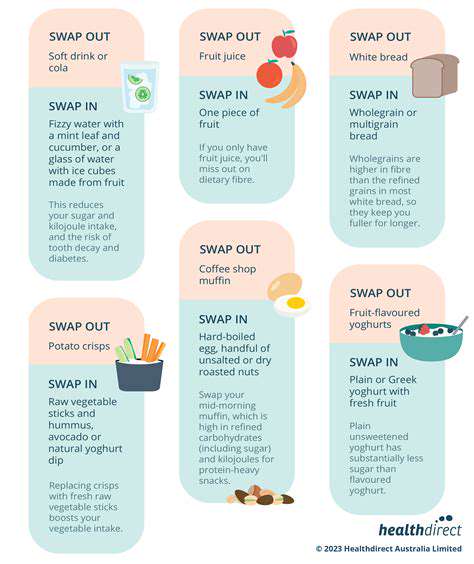
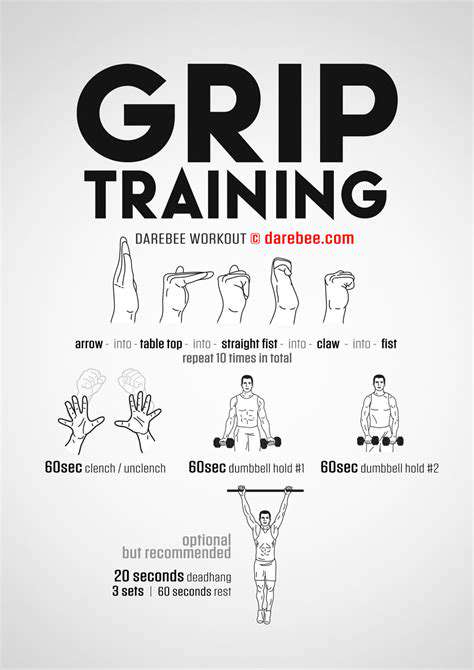

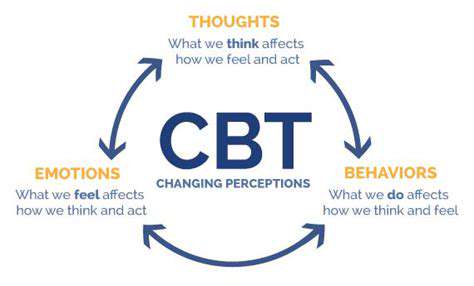
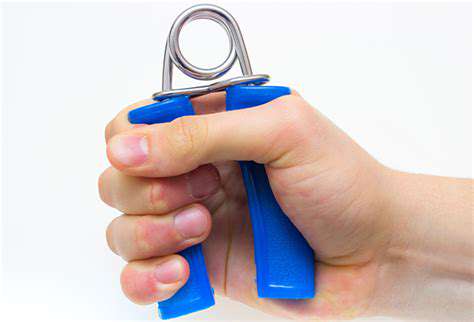

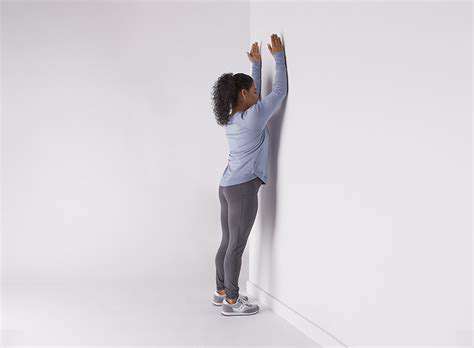
![Best Food Sources for Iron [Vegetarian and Non Vegetarian]](/static/images/26/2025-05/BeyondFood3ALifestyleConsiderations.jpg)
